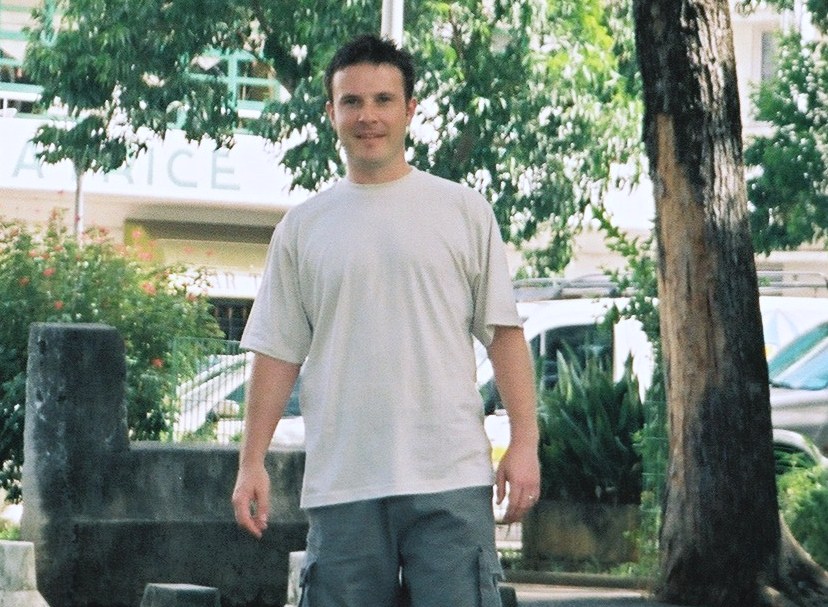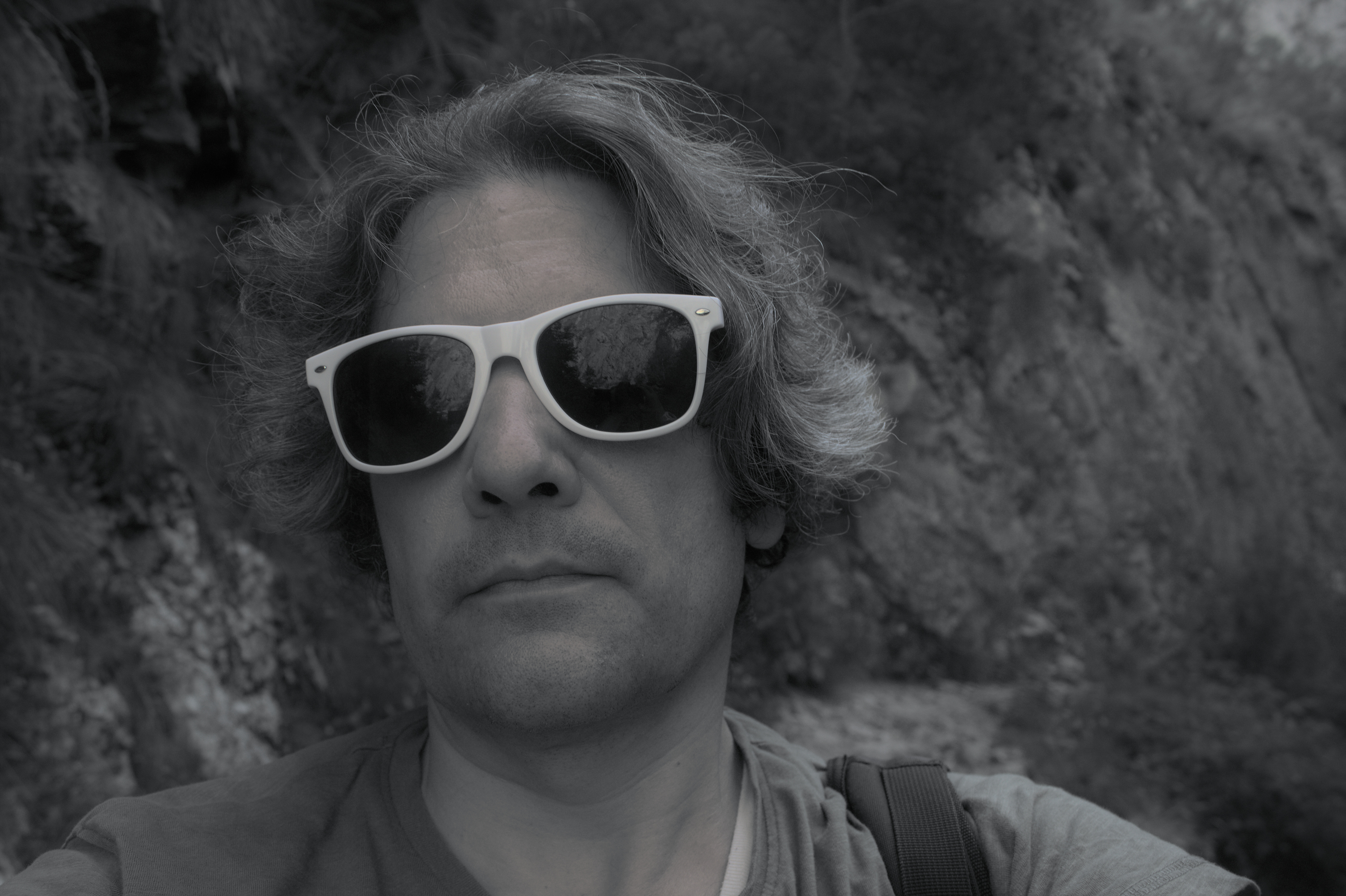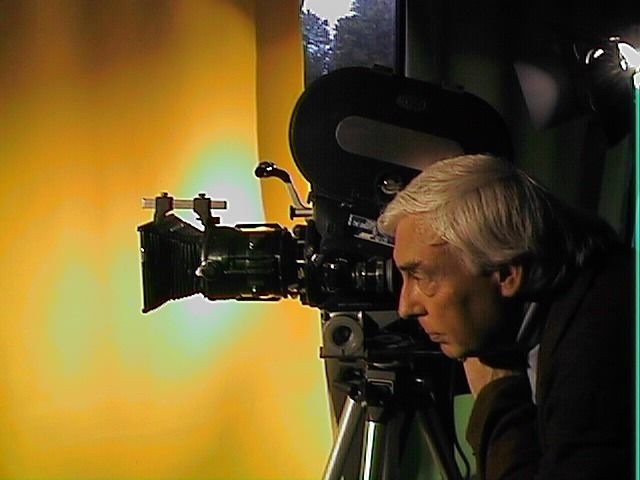ASK & DISCUSS
INDEXWhy do people ask writers for synopsis and treatments?
11 years, 5 months ago - Marlom Tander
Some seem to think that writers work by starting with a short form, such as a treatment, and then extending it. But most writers I know, including me, pretty much write the full script straight off the bat. This is because it's only once you start writing the characters that you get to understand them, and then they take over. And then you're cooking. But almost certainly not following your initial plan!
Any treatment or synopsis is then precis. (Well that's the theory. In practice they are sales copy to get the person to read the script :-)
But precis loses all the detail that elevates the great from the OK, so I always wonder why producers don't simply ask for scripts.
It's not as though anyone expects you to read the whole thing, simply start at page one and stop when you get bored. As a writer my job is simple - keep you reading until THE END. If I succeed, and have ticked your other boxes re genre, likely cost etc, then maybe I'll make the short list. If you only get to page 3, you know you don't want to make the movie and haven't messed around with synopsis and treatment that promised more than the script delivered.
Thoughts?
Only members can post or respond to topics. LOGIN
Not a member of SP? JOIN or FIND OUT MORE
11 years, 5 months ago - Kays Alatrakchi
"But most writers I know, including me, pretty much write the full script straight off the bat." <-- This is interesting as I was recently having a conversation about this very topic. For me the process is just the opposite, I start with a basic outline, then expand to a short treatment, and then expand that to a detailed treatment and keep building upwards. Launching Final Draft for me is the very last part of the process, and only happens once the story, characters, and rhythm are fully developed.
As far as your question, the answer that Paddy gave is pretty much spot on. When you have a pile of 120 page scripts (or PDF's) accumulating, it can be daunting to read through all the material. Sometimes a non-page-turner turns out to be a good screenplay, and vice-versa. It is really a lot for a writer to ask a complete stranger to sit through a long read without giving a good idea of what the reader is in for.
11 years, 5 months ago - Peter Ward
It's absurd; at the end of the day you are being judged on how well you write marketing copy, not how well you tell a story. And it's hilarious too because then you hear producers complaining about how all these amazing pitches failed to deliver when it came to the script. Duh! (What's that quote about marketing--It's the art of deceiving people without lying.)
There are a lot of industries out there after aspiring writers' money; but one I haven't really seen is a service that markets your spec scripts for you. Hmm...
11 years, 5 months ago - Marlom Tander
That is my view, when people want a synopsis and treatment with a view to commissioning a script, i.e. no script exists.
I don't really have an issue writing a synopsis/treatment if I have a script. If I need to write marketing copy for an existing script, in order to get it read, I can do that. I think it's a bit silly, but I can do it :-)
11 years, 5 months ago - Richard Anthony Dunford
I say fair enough to ask for a synopsis and then if that sparks their interest they should then read the script... or at least start to read it and bin it if they get bored... sorry I mean pass on it if it's not what they're looking for right now
As for writers doing a treatment first or just diving in there's no right or wrong. Whatever works for you.
11 years, 5 months ago - Terry Dray
I agree, there is no one way to write.. The formula that asks for a short versions of the story and gradually expanding into the full script is probably a throwback to the old studio systems from the early 20th century and the beginnings of the film industry where systems were in place at every aspect of the filming process.
It's like William Goldman said, in Hollywood no one knows nothing (or words to that effect). I was once told that a writer writes. It doesn't matter how you do it, just write. The other stuff can be sorted out later, there's no point in worrying about what to write first or second, or how much to write before the treatment or full script because as you worry about it you're not writing. Just my take on it anyway.
11 years, 5 months ago - Tony Oldham
If you were a producer, you'd prefer to read a short 2 or 3 page synopsis than a 100 page script or 40 page treatment. It's just good time management and a quicker way to see if the projects suited to them.
I understand that some execs don't even bother to read treatments. And screenplay wise, a lot of readers will read the first few pages and then skip to the ending. It's not perfect, but understandable.
11 years, 5 months ago - Vasco de Sousa
Tony, I think you have it mostly right. You'll read the short version, then if you like it, read the longer one.
It's like when you choose a book: no matter how cheap the book is, or even if you get it for free at the library, you often read the blurb on the back before investing your time into it.
If the blurb, or the synopsis, tells you that the story isn't for you, then you move on to the next one until you find one you like. Alternatively, you could read every book in the library, but that might take a while.
11 years, 4 months ago - Stuart Wright
The reader wanting you to sell your script can mean two things. It's to ensure it's what they want or it's high concept. If you're not writing what the person requests then isn't it a bad match in terms of collaborator.
11 years, 4 months ago - Claudette FLINT
At the end of the day the writer should be the director. How can a vision or a feeling be transferred? The writer is not even allowed to say where he/she wants the camera is and what it does!!!
11 years, 5 months ago - Franz von Habsburg FBKS MSc
Thanks Marlom. My script (www.MargeryBooth.com) is up on IMDb, InkTip and The Black List. Like you, Ralph and I just WROTE (although always revising) and I have not yet done a Treatment. As you say, those who read a script stop when they get bored. Readers of mine say it's a page-turner so don't stop...
11 years, 5 months ago - Sam Seal
In a catch 22 kind of way, the more a bunch of writers spend time writing about this subject, the more proof there will be that writers need agents.
11 years, 5 months ago - Paddy Robinson-Griffin
10 minutes is pretty much exactly how long the distributor's buying team will watch a film before moving onto the next one (when at Cannes market there may be 40 features playing at any moment, they need to get round all the interesting ones). If a film hasn't intrigued you by 10 minutes then it's fair to say the tone has been established.
11 years, 5 months ago - Dan Selakovich
Hey Marlom. What Paddy said on BOTH his posts. I write the same way. No synopsis, no step outline. I learned early on, for me, that the outline process creates wooden characters that move through the plot instead of creating the plot.
11 years, 5 months ago - Marlom Tander
Stopping reading after page 3 is when you realise very quickly that, while it might be a masterpiece, it's not one that fits your production requirements, and you have a bunch of other scripts to assess.
I had this early on - I wrote to a brief of "one location", so I set it all in a village.
The producer called me 10 mins after I emailed it to him to say that for his resources, "one location" meant "one building - ideally a house". It didn't matter how good it was, it wasn't for him. And I learned to ask a lot more questions before saying yes to projects :-)
11 years, 5 months ago - Anna Jancsó
There are several reasons why (we) producers may ask for a synopsis or a treatment but the most obvious is that we have to present synopses and treatments to funding bodies and financiers. Do a bit of reserach and see what materials producers have to prepare to raise money for developing a script into a film. Producers won't ask you to write the synopsis for the DVD sleeve, the EPK or the TV listings (or Netflix), but at the development stage YOU are the creator behind the project, it is on the basis of YOUR work that further work is being done, it is only natural that you should be the one to summarize your own story.
11 years, 5 months ago - Paddy Robinson-Griffin
A treatment or synopsis saves the producer from wading through a script just to find out a scene near the end calls for the murder of a dolphin on the surface of the sun, or something similar. Scripts have a production cost, words are cheap.
The short treatment let's a producer decide if a story is even interesting - if I don't care about the subject or genre I can bin the script in a few minutes. If I'm looking for a vehicle for black actor X and I see a mediaeval Scandinavian murder mystery, it's probably the wrong story, no matter the dialogue.
A longer treatment let's me do a quick breakdown of cast, locations, expensive scenes, etc and see if the script is cost-effective to shoot. I've just been looking at a script from a very promising writer, fun premise, but it's expensive to shoot looking through the locations and period. So I can mentally cost it, know I can't raise that much finance against it, and move on.
I actually think scripts should have a skeleton, reflection, texture etc., which certainly can be mapped or planned out. The writer should be expecting to redraft several times anyway, for time constraints, pacing, setting up later payoffs etc., so just jumping into dialogue and character means discovering the story beats later on, when they could have been known upfront before the dialogue was started.
My take in it anyway :)
11 years, 5 months ago - Kays Alatrakchi
"Stopping reading the script at page 3 is as silly as people leaving the cinema after 10 min." <--- Doesn't take that long to establish when something is bad. I've read screenplays where you can tell from page 1 that it's going to be a poorly written, poorly developed story. I would advice that you listen to the podcast Scriptnotes with John August and Craig Mazin, their 3-page challenges are extremely useful and, I bet for the most part, spot on. http://johnaugust.com/scriptnotes
11 years, 5 months ago - Roland Denning
Godard and the other New Wave filmmakers made films very cheaply and they made money. They were technical innovators - using hand-held cameras, direct sound, fast filmstock - and could made films cheaper than anyone else and they had an audience. Producers loved to give them money and they would trust them even without a script. Godard paid a screenwriter to write a script for Alphaville, because the produce insisted, but Godard never read it. And yes, he was a genius.
But it was moment in time when there was an audience eager for radical filmmaking and a new generation of filmmakers there to supply it cheaply.
11 years, 5 months ago - Roland Denning
@Marlom Tander - Ha! I'm not sure who has 'inherited Godard's mantle' - the closest thing to the Nouvelle Vague in recent was the Dogma movement of the 90s, but who/what is avant-garde cinema now? Can it exist? And where is the audience willing to pay for it? You tell me!
11 years, 5 months ago - Kays Alatrakchi
"It's absurd; at the end of the day you are being judged on how well you write marketing copy, not how well you tell a story." <--- What is so absurd about it? Ultimately your film will be judged based on a 60-second marketing pitch by the audience. I suspect that most of the people who have a problem with the whole synopsis idea have probably not worked professionally in this business.
11 years, 5 months ago - Marlom Tander
@Roland Denning ah, so the Youtubers are the inheritors of Godard's mantle.
Why do I feel as though I've just lit some touch paper :-)
11 years, 5 months ago - Marlom Tander
@Roland Denning - was thinking more in terms of the business model than the content :-) Some of these guys have millions of followers and a very low cost of production = decent incomes and no one to answer too :-)
11 years, 4 months ago - Dan Selakovich
I'm with you, Stuart. I have written many, but my problem is: I suck at it. Same reason I'm a shit trailer editor.
11 years, 5 months ago - Marlom Tander
You don't need action in the first ten minutes, but you do need to hook them. If, after 10 minutes you're thinking "why am I watching this", then the story teller has failed, (or you're not their audience).
OTOH, a great first few minutes buys you at least half an hour of "dear viewer, bear with me, and pay attention, because I've already shown you I can deliver".
It's getting OT, but I think that one of the reasons that long form TV is much more interesting than it used to be is that Hollywood is too focused on the "the ride" movie, while TV has realised that 12 one hour episodes can be a 12 hour story. It's the modern version of the Victorian novel published chapter by chapter.
11 years, 4 months ago - Peter Ward
"I find it hard understand where the frustration with having to write one comes from."
Depends on what the synopsis is for. If it being used innocently (a matter-of-fact summary of the script), fine. But if the reader is looking for you to "sell" your script--which, especially if the term "high concept" is anywhere in the request, is oftener than not the case--it amounts to judging the writer on something they're probably no good at.
Don't get me wrong, it's the same with resumes and job interviews. Obviously these are things we just have to deal with--doesn't mean we can't bitch about it.
11 years, 4 months ago - Stuart Wright
Writing isn't always about writing. There's the relationship with the producer to consider too. When you're writing a spec script why would you expect to be the making all the running and wouldn't you want to know if a producer or director is interested in your idea early on. Writing a synopsis only consolidates your thinking at the time. It does not contractually forbid you from changing elements of what you suggest in the script stage. I find it hard understand where the frustration with having to write one comes from.
11 years, 5 months ago - Claudette FLINT
How did Jean-Luc Goddard manage? If I watched them all when I was a student, it was because of the fashion. In France you could not live decently without seeing a Goddard. OK he is a genius but he doesn't go by the 10 first minutes criteria.
11 years, 5 months ago - Marlom Tander
Yes, producers/directors talk about wanting scripts, but what they usually seem to want to do is make their own.
As a writer I find the constraints imposed by someone else's idea can be stimulating, IF I can see a movie in it. I tend to find that most producers/directors are good at outlining a bunch of set pieces, and 1-2 interesting characters. What they fail on the "properly constructed story". But as a writer - give me some characters and a milieu, and if I like them, story is easy :-)
Convince me that you have a cat in hell's chance of raising the money to get it made, and I'll even put the time into writing it on spec :-)
11 years, 4 months ago - Bruce M. Foster
My first major writing experience was developing funding proposals where there is a summary proposal page. It is a one page "treatment" that calls out the major points. You learn to write a proposal that supports the summary. Your reader looks to see if it meets the guidelines. Scripts? Treatments let someone quickly decide if it is in their wheel house and their budget.
11 years, 5 months ago - Paul McLaughlin
I'm another person who just dives in and writes with only a vague idea of where I'm going. I find too much planning to be restrictive and much of my plot and characterisation flows out of what I've already written.
But I've always felt that for many producers the concept is more important than the script. A bad script can be fixed (if necessary by bringing in other writers to polish) but a brilliantly written script is of no use if the producer isn't taken with the basic concept.
11 years, 5 months ago - Claudette FLINT
Stopping reading the script at page 3 is as silly as people leaving the cinema after 10 min.(I did leave but after 40 min at least and it is rare)
Most master pieces in literature and films have a slow beginning. One of the most typical is Death in Venice.
Some people must have binned master pieces after reading 3 or 10 pages.
I usually find treatments very boring to read. It is like when people tell you the story of the film they've just seen.
Franz, I love your script on Margery Booth, you should send it to Nicole Kidman. I'm not kidding.













